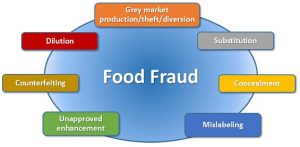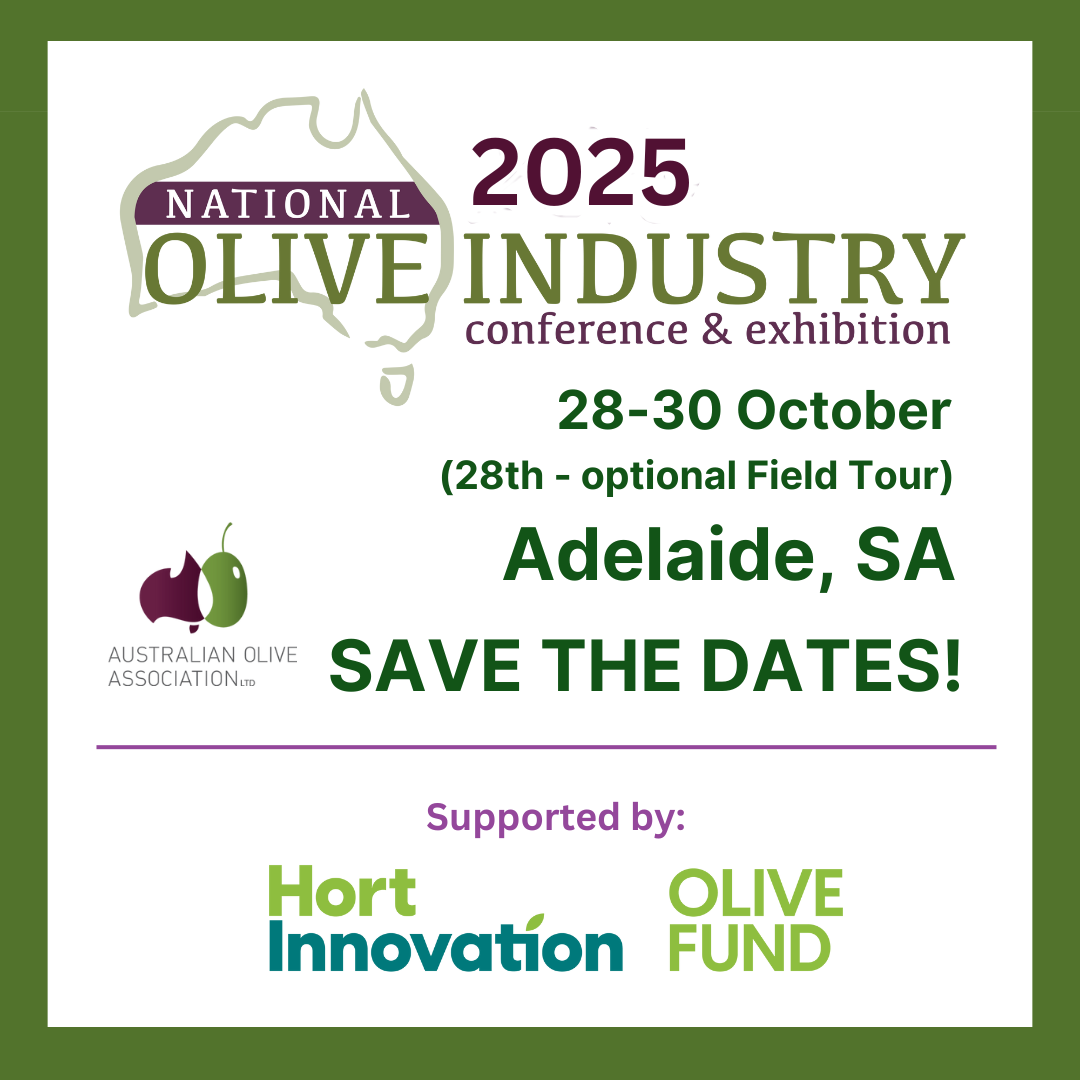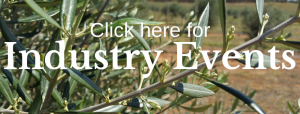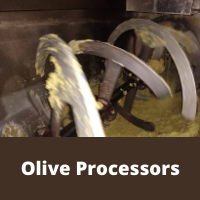
Noting the 2020 season in Australia was an ‘off’ crop year, it is not surprising that there is now a market shortage of both Australian EVOO and table olive products. Subsequently many Australian growers and marketers are seeking alternative suppliers in order to meet customer demands.
AOA OliveCare® Code of Best Practice Administrator Peter McFarlane has therefore sent a timely reminder to producers about the importance of label integrity.
“It would be a grave error of judgement, and illegal, for Australian growers or marketers to be tempted to substitute imported olive oil or table olives in their ‘Australian’ labelled products, without an appropriate label declaration,” he said.
“Non-compliance with the Food Labelling Standard is an offence under the Australian Consumer Law, which attracts a penalty of up to $1.1 million for corporations and up to $220,000 for individual persons.”
What is ‘Olive oil fraud’?
Olive oil fraud includes:
- substitution with lower-cost vegetable oils, lower-grade olive oils such as refined olive oil or pomace oil, and inaccurate country-of-origin labelling declarations;
- where imported table olive products are labelled as Australian table olives, including a mixture of Australian and imported product, where it is not declared on the product label and/or via the correct use of the mandatory Country of Origin logos;
- incorrectly stated regional provenance, where growers make a regional provenance claim but subsequently purchase product from other growers located in other regions. In this instance any stated regional provenance claims must be amended or removed from the affected product.
Note: If you suspect olive product fraud is occurring in our industry you can report this anonymously to the ACCC here.
Australian Law: Food Labelling Standard
All manufacturers, processors and importers of food products that offer food for retail sale, including online sale, in Australia must comply with the Country of Origin Food Labelling Information Standard 2016 (the Food Labelling Standard), the Australia New Zealand Food Standards Code and Australian Consumer Law.
Accurate labelling of food products is important so that consumers can avoid problem ingredients that could be harmful to them. Consumers also want to be informed about the origin of their food products, including where they are grown, produced, made or packed, and some are willing to pay extra for products that originate in Australia and/or are ‘organic’.
Suppliers of food products should review their food labels and advertising to ensure that they accurately represent the ingredient composition and origin. Regular testing of products may also be required to ensure that the ingredients of their products are accurately stated in labels and advertising material.
Further information on Country of origin claims and the Australian Consumer Law is available here.
How can growers address low supply issues associated with biennial bearing groves?
McFarlane said the first step is to plan ahead.
“The 2021 season is an ‘on’ crop year and the forthcoming harvest is shaping up to be very bountiful, so take the opportunity to process enough olives to carry over into the 2022 season to meet market requirements,” he said.
“The second way is to improve grove productivity to increase olive fruit production. A 2019 AOA grower survey revealed that Australian grove productivity ranges from zero to 15T/ha, with median production <1.0T/ha and average 3.3T/ha, clearly demonstrating the low productivity of many groves in Australia and the need to address critical grove management issues.
“The AOA’s program of productivity webinars and field days aims to lift grove productivity, so access the videos and other resources from these events, and use the information to improve your operations.
“The AOA is also emphasising the value of benchmarking grove performance, setting Key Performance Indicators (KPIs) for improved grove productivity and profitability, including:
- grove productivity KPIs: kg/tree, T/ha;
- cost of production – cost $/T;
- gross margin – $/ha
“And the best method of all is to join the OliveCare® Code of Best Practice program, and use the productivity checklists available to members on the AOA website.”
Extending OliveCare to foster excellence in production of Australian olives (OL17006) supports producer participation in the Australian Olive Industry Code of Practice (OliveCare®) and its expansion to more retailers, food service distributors and exporters. By extension, the project will help build and maintain the quality of Australian olive products.
For more information on joining the OliveCare® program, contact Administrator Peter McFarlane on 0418 839 836 or email olivecare@australianolives.com.au.



